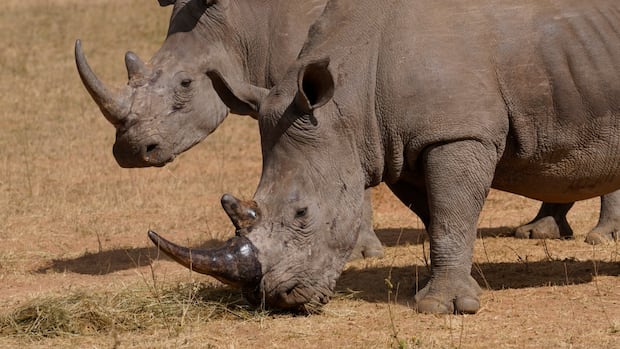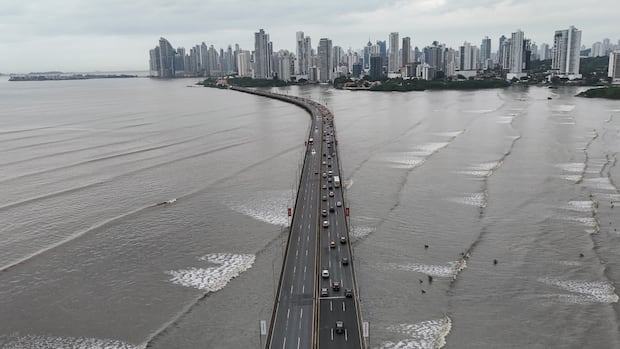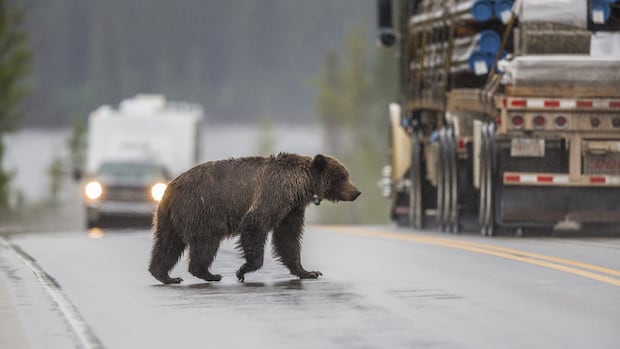A video posted by two tourists who visited Arctic Bay, Nunavut, last week where they made negative comments about polar bear hunting has sparked outrage among some Inuit in the territory.
Süha Derbent and Murat Uslu are both photographers from Turkey who planned a 10-day trip to Arctic Bay to document how climate change is affecting the Arctic and to photograph polar bears.
In a since-deleted Instagram video they posted while in Arctic Bay last week, the two men are seen in a selfie-video where they speak against sport hunting.
“Some hunters are chasing them to kill as a sport,” Derbent says. “We believe it is an unacceptable injustice. Be the voice and spread this message with everyone that you know, please. Stop hunting polar bears.”
Sport hunting is a strict system in Nunavut — polar bear tags are given out in small numbers each year to local Hunters and Trappers Organizations who can then choose whether to use some of them for sport hunting.
Photographers apologize
Interviewed by CBC News as they came off the flight from Arctic Bay in Iqaluit, Derbent said the two were told they could go to the floe edge to take photos, but were stopped by local outfitters who were there with sport hunters.
“At that time, it was hunters, and us. And photographers. We didn’t have any rights,” Derbent said. “Hunters did. And that was the reason we said whatever we said. It was nothing to do with anything whatsoever with the culture of Inuit.”
He also said they didn’t mean to cause harm with their video.
“We have huge cultural respect to the past, current and future Inuit,” he said. “I apologize personally if we have offended them but it was not our intention,” he said.
“We were given some promises to see the polar bears and they did not keep the promises.”

‘This is still how we live’
For Nooks Lindell, an artist in Arviat, the photographers’ video reflects a bigger issue.
“We’ve had southerners come and tell us we’re doing things wrong. The way you’re living, the way you’re doing things is wrong.”
Lindell said with the introduction of residential schools and the southern economy also came things like hunting restrictions.
“We’ve lived here for so long. We’ve lived with the environment. And being told you know have to conserve nature and you have to respect nature, that’s how we lived. This is still how we live.”
Lindell said polar bear tag systems are in place to ensure polar bear populations are kept stable.
“And then if there’s any issues, that’s for Inuit to decide,” he said. “That’s not for outsiders that don’t live here. That’s not for them to decide on.”
Paul Irngaut, vice-president of Nunavut Tunngavik Inc., also said sport hunting is a practice that’s carefully regulated.
“The whole community, it gets the benefit in terms of the seamstresses that need to make all the clothes for the sports hunter, and then the meat is utilized by the whole community,” he said.
He also said communities should be careful about who they let fly in for tourism.
“For these people to come up and say this is wrong, they don’t even know what they’re talking about,” Irngaut said. “They should ask questions first before they make comments like that.”
CBC also spoke to Chris Mitchell, the head of Arctic Bay Adventures, a tourism operator in the hamlet.
He said the hamlet’s rules state that tourists cannot go close to hunters.
And when the photographers wanted to get closer to the floe edge, they were told to leave.
Lindell said as frustrating as the video was to watch, he hopes it encourages more Inuit to speak up.
“Because the more we’re heard, maybe the less likely this will happen again.”







